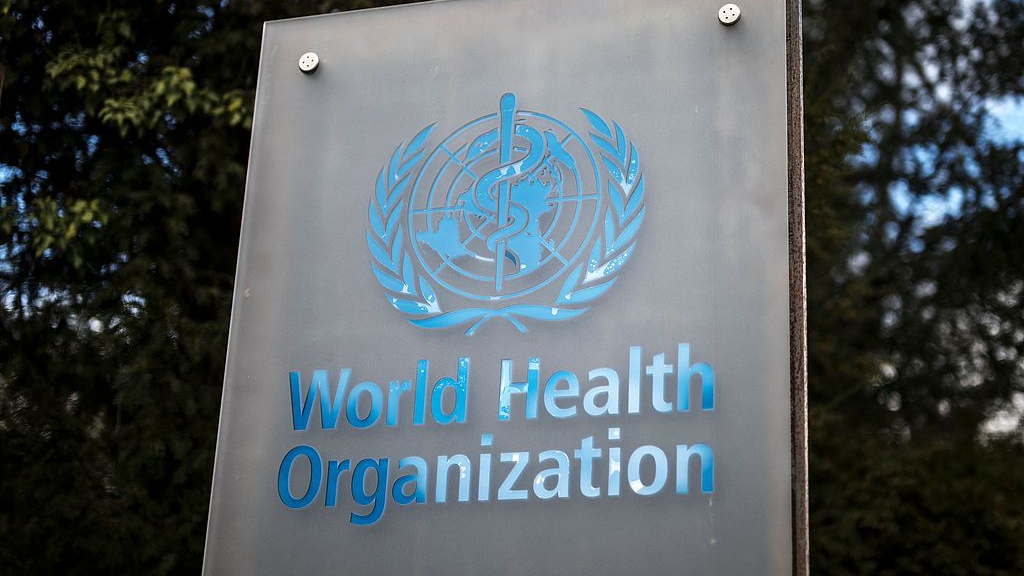The World Health Organization (WHO) in Botswana on Monday said cuts in global health funding could have a severe impact on critical maternal and newborn health services in Africa, affecting millions of people.
Speaking at a World Health Day celebration in the country's capital, Gaborone, Juliet Bataringaya, a WHO official in Botswana, said underfunded health systems, infrastructure gaps and workforce shortages are exacerbating health disparities, which disproportionately impact women and children.
She noted that programmes and medical research on maternal and child health are already being cut due to shrinking budgets.
According to Botswana's Ministry of Health, the country's maternal mortality ratio was 175.5 maternal deaths per 100,000 live births in 2022, significantly higher than the WHO's 2030 target of 70 deaths. Historical fluctuations, ranging between 127 and 240 deaths since 2015, point to persistent problems.
Acting Health Minister Lawrence Ookeditse has stressed the need to expand antenatal care, promote safe deliveries, strengthen HIV testing and improve treatment of pregnancy-related complications.
Botswana's efforts to reduce maternal mortality are facing increasing pressure in the context of declining global health funding. Stakeholders are calling for sustained investment, policy prioritization, and strengthening of health interventions at the local level to protect vulnerable populations and align with international health goals.
World Health Day, celebrated annually on 7 April, commemorates the anniversary of WHO's founding and raises awareness of pressing global health issues. The 2025 campaign focuses on maternal and newborn survival under the theme "Healthy Beginnings, Hopeful Futures".
CMG/gnews.cz-jav



